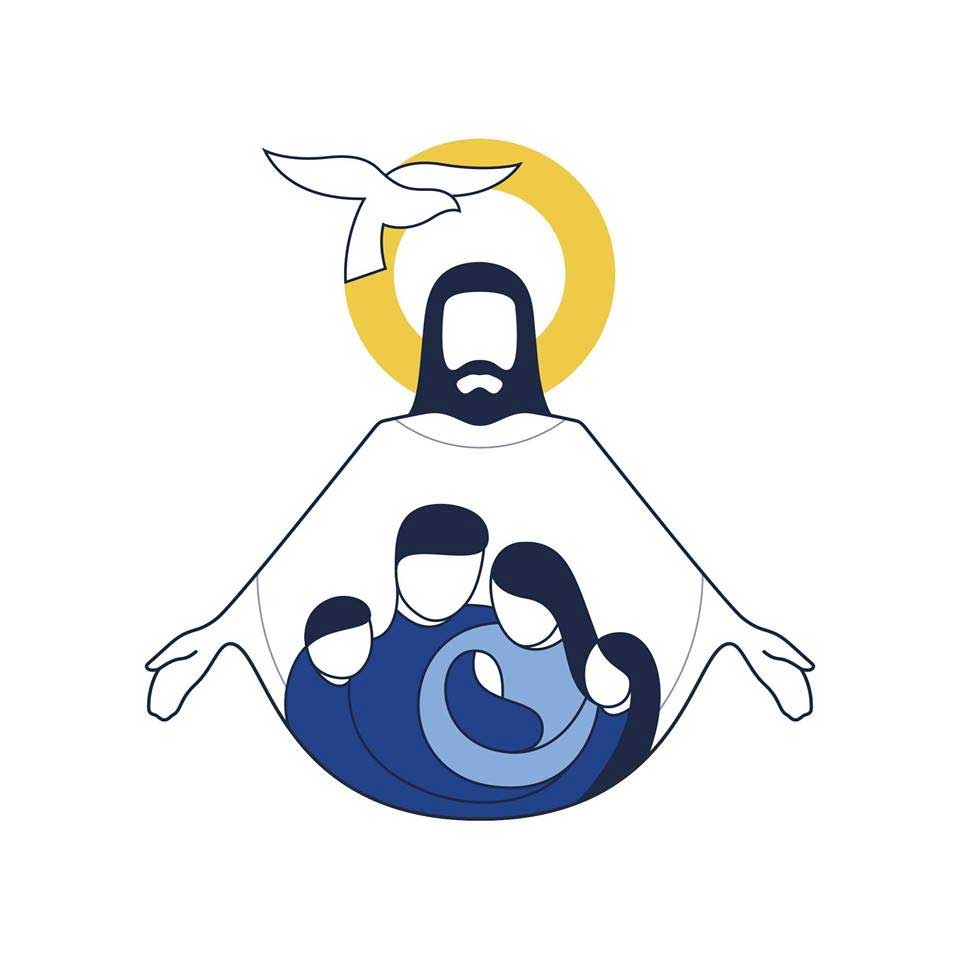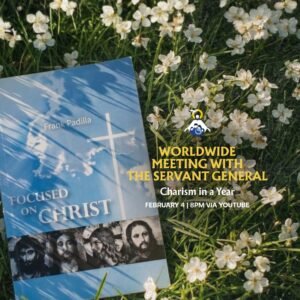FROM THE SERVANT GENERAL
THOUGHT FOR THE DAY
(Part 91)
CONTRASTS IN CHRIST – 2
January 16, 2021
Today’s readings:
Hebrews 4:12-16
Psalm 19:8-15
Mark 2:13-17
Today’s readings point to some contrasts that impact on the Christian life.
First, there are the Pharisees and the tax collectors. The Pharisees are strict adherents to the law but are self-righteous. The tax collectors are considered sinners (Mk 2:16). The Pharisees could not figure out why Jesus preferred to eat with the sinners. Jesus told them, “Those who are well do not need a physician, but the sick do. I did not come to call the righteous but sinners.” (Mk 2:17).
Good for us, as we are all sinners. So we need healing, and the greatest illness is sin. Pope Francis rightly says that the Church is a field hospital. Unfortunately, with political correctness, sinners are just accepted and accompanied but without talking of their sin. Thus an ill person is just brought into the hospital, treated well and made comfortable, but his illness or injury is not treated. We are sick and need a physician; we are sinners and need to be called to righteousness.
Jesus does “sympathize with our weaknesses, but (is) one who has similarly been tested in every way, yet without sin.” (Heb 4:15). Jesus came for sinners and sympathizes with their situation, but does not tolerate sin. He sees our sorry condition and even our weakness due to our fallen nature and sinful flesh, but still calls us to sin no more.
Now even as we are weak, we can become “blameless, innocent of grave sin.” (Ps 19:14b). How can that happen?
- We must desire not to sin. “Also from arrogant ones restrain your servant; let them never control me” (Ps 19:14a). The “arrogant ones” refer to sins of pride, sins of presumption, willful sins.
- We must strive to be righteous in thought and in words. “Let the words of my mouth be acceptable, the thoughts of my heart before you” (Ps 19:15a). What we think and desire leads to action. So we strive to avoid sin by assaulting it as it is being conceived in our minds and hearts.
- We must look to God for healing and purification. “Cleanse me from my inadvertent sins.” (Ps 19:13b). Only God truly sees us as we truly are. So we ask for cleansing even from faults that are hidden from our perception or unknown to us. This would have been a good prayer for the self-righteous Pharisees.
Second, there is the wise and the simple. The Pharisees and scribes were teachers of the law and were deemed wise. The tax collectors they looked down on were deemed simple and not knowledgeable about the law of God. Think theologians or bishops who know a lot and we ordinary lay Catholics who do not know as much. How can the simple gain wisdom? It is through and in the Bible, the very word of God. “The decree of the Lord is trustworthy, giving wisdom to the simple.” (Ps 19:8b).
Unfortunately, many lay Catholics do not know the Bible. Which is tragic. The word of God testifies to itself.
- “The fear of the Lord is pure, enduring forever.” (Ps 19:10a). The fear of the Lord is the beginning of wisdom. So the simple can become wise, as he learns fear of the Lord from the scriptures.
- “The command of the Lord is clear, enlightening the eye.” (Ps 19:9b). If we do not see our sorry sinful condition, if we cannot recognize our inadvertent sins, the Bible teaches us about sin and righteousness. “Indeed, the word of God is living and effective, sharper than any two-edged sword, penetrating even between soul and spirit, joints and marrow, and able to discern reflections and thoughts of the heart.”
- “The law of the Lord is perfect, refreshing the soul.” (Ps 19:8a). The Bible tells us about sin and makes clear God’s commands. Our acting on these bring us to salvation.
Third, there is mercy and grace, which Jesus imparts to us. “So let us confidently approach the throne of grace to receive mercy and to find grace for timely help.” (Heb 4:16). Mercy and grace go together. But they are different sides of the same coin.
Mercy is the act of withholding deserved punishment, while grace is the act of bestowing unmerited favor. Mercy is not being meted the punishment that we deserve. Grace is being given the favor we do not deserve.
We need mercy to be forgiven our sins. We need grace to grow in holiness and righteousness.
So God provides what we need in order to truly live our lives in and for him. We must now do our part. And remember, ultimately “we must render and account.” (Heb 4:13b).








